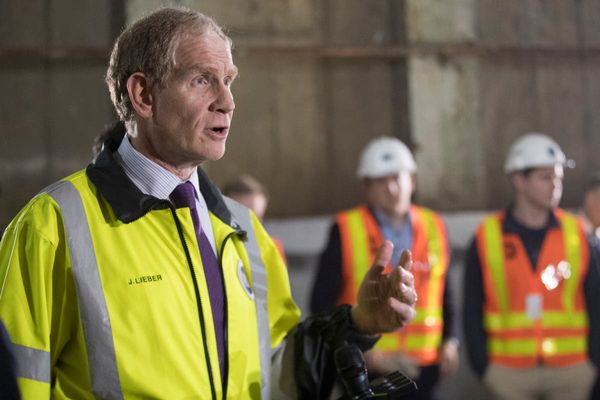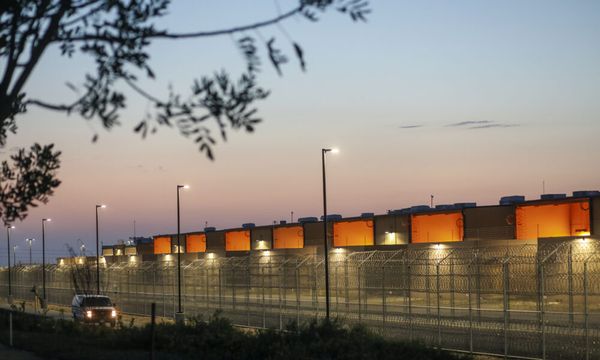
The stateless Rohingyan refugee who successfully overturned the legality of indefinite immigration detention was accidentally named in documents published by the high court.
The man was identified by his surname in a home affairs department email providing an internal update about the case, which was among documents filed by NZYQ’s solicitors.
A spokesperson for the court said the solicitors for the plaintiff drew the registry’s attention to this “error” on 22 November. The document has since been replaced on the court file with a version that redacts his name.
On 2 June the court had made an order preventing disclosure of the plaintiff’s name or information that could reveal his identity.
On Tuesday the high court will publish its reasons for the landmark decision, which overturned the 2004 decision of Al-Kateb in which the court had ruled indefinite detention was lawful even where it was impossible to deport the person detained.
About 141 people have been released as a result of the NZYQ decision. The government has begun preparations to detain them again if and when it becomes practical to deport them.
The un-redacted name was contained in an attachment to an internal email from 12 September, which also advised that the high court hearing “is likely to be scheduled for November 2023, with a judgment potentially in March-May 2024”.
That appears to explain why the home affairs minister, Clare O’Neil, claimed on 19 November that the court will publish its decision “early next year”.
In that interview with Sky News, O’Neil said it was “a little bit unusual” for the high court to have “made a decision, [but] it has not explained the reasons for the decision”.
O’Neil used the word “unusual” five times in relation to the court overturning a 20-year old precedent or giving a result without reasons, in an effort to defend the government’s handling of the case.
Nevertheless, she insisted the government was “properly prepared” for the decision, as evidenced by the fact legislation was introduced and passed a week after the decision.
On Monday the immigration minister, Andrew Giles, introduced a further bill which he said would make the first emergency legislation more “durable” and help “get ahead of potential future challenges”.
The bill rewrites one of the key safeguards, changing the test for an exception to mandatory electronic monitoring and curfews from the minister being satisfied a “non citizen does not pose a risk to the community” to satisfaction that the conditions “are not reasonably necessary for the protection of any part of the Australian community”.
The proposed legislation also clarifies authority for the collection and use of information gathered by an electronic monitoring device, to facilitate information sharing between commonwealth and state law enforcement.
Its explanatory memorandum said the bill would help locate non citizens who have been released as a result of the NZYQ decision where their circumstances change and “there is a real prospect of the removal of the person from Australia becoming practicable in the reasonably foreseeable future”.
“The Australian community rightly expects that once a person granted a [bridging visa] is able to be removed from Australia, that action to effect that removal proceed without undue delay,” it said.
O’Neil told reporters on Monday “removals [are] an ongoing process that the commonwealth works on, and we’ll continue that”.
The Coalition voted against the bill, with the opposition leader, Peter Dutton, citing Labor’s refusal to include a preventative detention regime.
Dutton told the House of Representatives the government “stands condemned” for designing a bill “on the run”, labelling it a “patch-up of laws designed by the Labor party at the 11th hour”.
The Australian government asked six countries to resettle NZYQ, who pleaded guilty to sexual intercourse with a 10-year old and served a non-parole period of three years and four months before entering immigration detention. All but the US said no; it promised to take a “hard look” at the case.
Documents published by the court have also shown that between May and August the Albanese government considered releasing NZYQ to avoid defeat in the high court.
Guardian Australia revealed an email to a senior Giles staffer presenting a “proposal to reconsider exercising ministerial intervention powers under the act in light of litigation risk”.
The Guardian has contacted Giles and the home affairs department. NZYQ’s lawyers, Allens, declined to comment.







